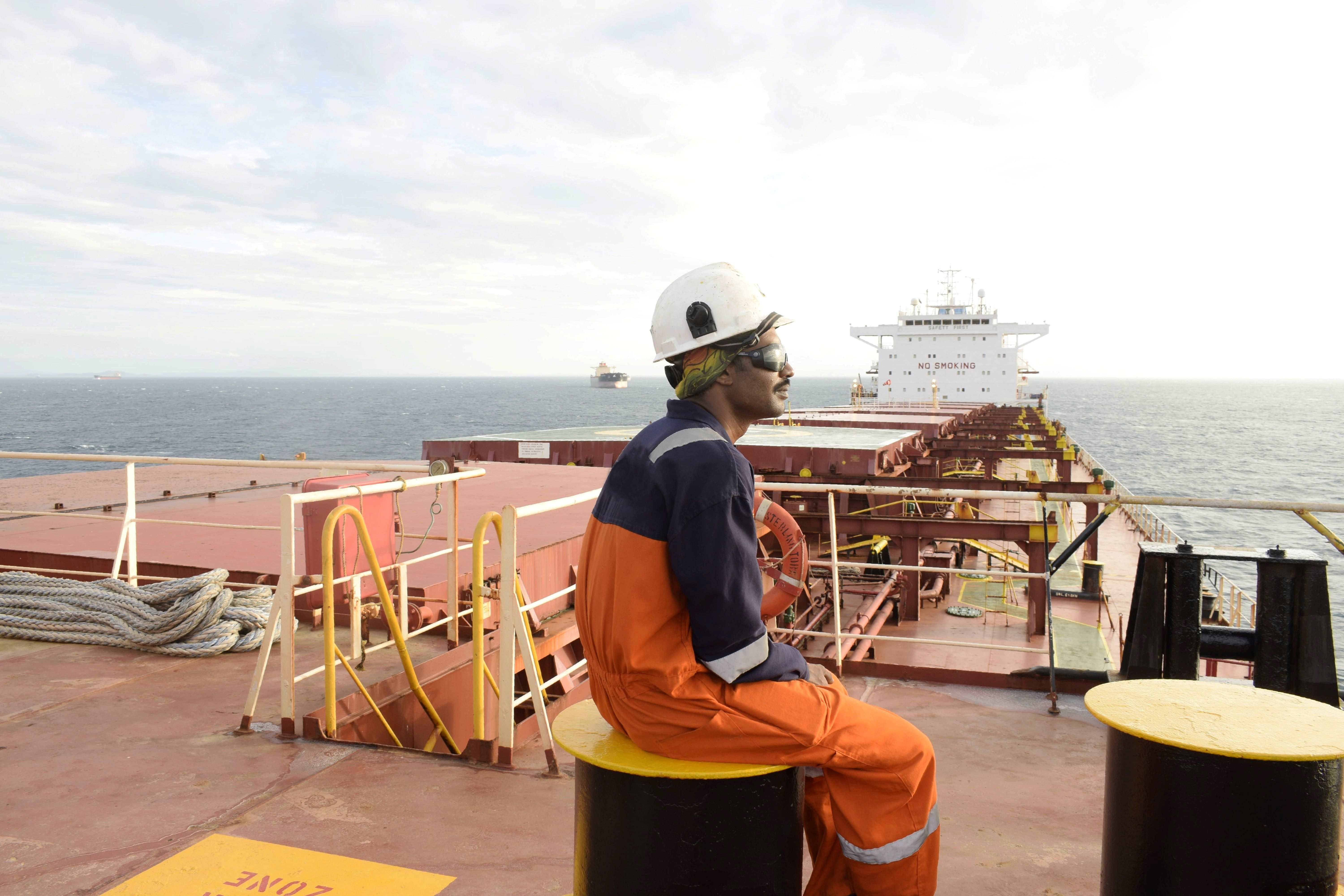A review of the STCW Convention 2020
Shipping is a global industry and therefore requires a global regime for governing the competence standards and certification requirements for the approximately two million seafarers employed throughout the world merchant fleet.

This is because the majority of seafarers serve on ships with a flag state that is different to the country responsible for overseeing their training and issuing certificates of competence. This global regime is provided by the IMO Convention on Standards of Training, Certification and Watchkeeping for Seafarers (STCW) which has now been in place for over 40 years.
But as we enter the third decade of the 21st Century, ICS has been considering the question of how the current IMO STCW regime can remain fit for purpose.
In 2019, the ICS Board endorsed a recommendation by the ICS Manning and Training Sub-Committee that ICS should request IMO to conduct a comprehensive review of the STCW regime. This is something which has not been undertaken since the early 1990s prior to the radical rewrite of the STCW Convention that was adopted by IMO Member States in 1995
The STCW Convention and its accompanying STCW Code were most recently reviewed prior to the adoption of the ‘Manila Amendments’ in 2010, with the transitional period for implementation of the many adjustments agreed by governments coming to an end in 2017. However, while the piecemeal changes agreed in 2010 were extensive, they fell somewhat short of a comprehensive revision, being more akin to a wide ranging ‘tidying up’ exercise.
STCW certification by Parties to the STCW Convention. This raises questions as to whether the Convention, as currently drafted, continues to meet the requirements of the industry in the 2020s.
ICS members have concluded that a fully revised STCW regime would allow the industry to adapt much more effectively to fast moving technological developments, including increased automation. A revised Convention could provide a structure with sufficient flexibility to meet the demands of a rapidly evolving world fleet, and could permit a more modular approach to competency accumulation and certification than is possible under the current regime. The arrival of new technology, with respect to navigation, engineering and propulsion systems (including the use of alternative fuels) is already changing the functions that
seafarers perform on board ship and the competencies and training which they now require.
Most importantly, ICS believes that a comprehensive revision of the STCW Convention should seek to improve transparency and the robustness of implementation oversight with regard to the obligations of IMO Member States that are responsible for the quality of their national training and certification systems.
In particular, this includes ensuring strict adherence by individual training institutes to delivering IMO competence standards, and a tightening of the approval process by governments of training colleges, especially those engaged in operational level ships’ officer training
Unfortunately, it is still commonplace for employers to need to provide additional training and assessments prior to the deployment of many officers who have been issued with
In 2019, ICS presented a detailed paper to the IMO Sub Committee on Human Element, Training and Watchkeeping (HTW) setting out the concerns of maritime employers with regard to the current STCW regime, which was well received by IMO Member States. The IMO Maritime Safety Committee, in June 2019, then agreed that the HTW Sub Committee should take forward the concept of a full review of the STCW Convention at its next meeting in 2020. Unfortunately, due to COVID-19, this discussion has since been postponed until 2021.
In the early 1990s, IMO responded positively to industry requests to address serious concerns about training standards in many of the newly emerging seafarer supply countries, many of which now have world class training institutions. With the involvement of all industry stakeholders,
ICS believes that the time is now right to consider the next comprehensive revision of STCW, similar in scale and ambition to that completed by IMO Member States back in 1995.
Meanwhile, in conjunction with BIMCO, ICS has embarked on its latest 5-year study of the global supply and demand for seafarers, the Seafarer Workforce Report 2020, for completion and publication in the first part of 2021.
Related content

Seafarer wellbeing under threat amid geopolitical conflict

Captain Abdulkareem Al Masabi: Shipping’s shared prosperity

MSC 108-7-2 – Security in the Southern Red Sea and Gulf of Aden
